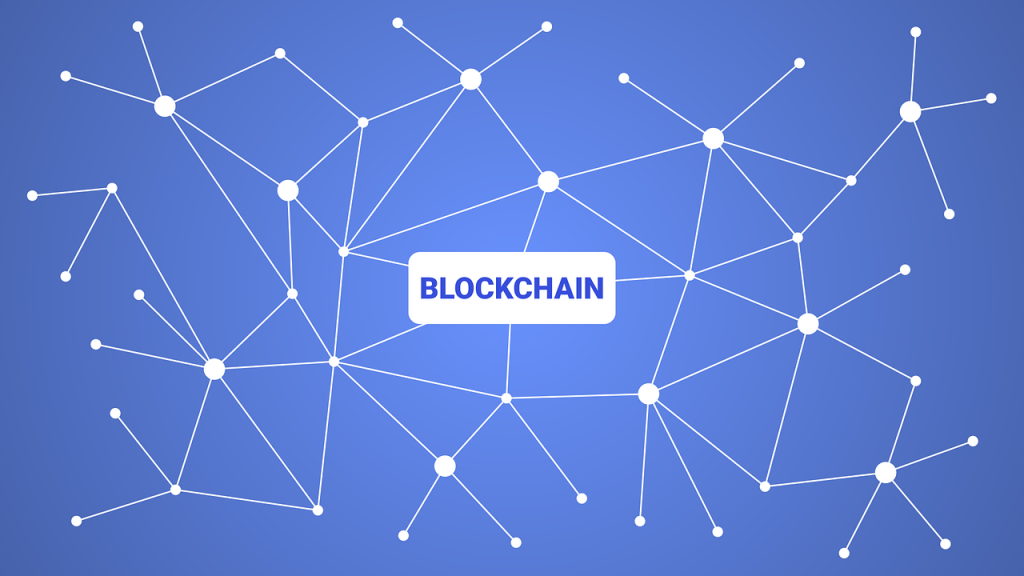The Polygon community was first made aware of the hard fork debate in December 2022.
According to a recent article by Polygon Labs, the planned hard fork on January 17 will lessen chain reorganizations and network gas fee spikes. However, hard forks, in contrast to soft forks, are not backward-compatible and require all network node operators to update to the newest software at a predetermined period.
Aim of the hard fork
The V0.3.1 Hard Fork seeks to alleviate blockchain reorganizations (reorgs) and lower gas spikes. A reorg occurs when a new chain branch appears and replaces the blockchain branch that was previously accepted. Reorganizations may result in the invalidation of previously confirmed transactions and their replacement with new ones. Polygon intends to reduce the network’s sprint length from 64 to 16 blocks to solve the reorg issue. In addition, the depth of reorgs will be reduced, according to Polygon developers.
Polygon plans to increase the “basefeechangedenominator” from its present value of 8 to 16 to lessen gas spikes. A blog post on Polygon’s official site states, “This will help smooth out the increase/decrease rate in base fee for when the gas exceeds or falls below the target gas limits in a block.”


